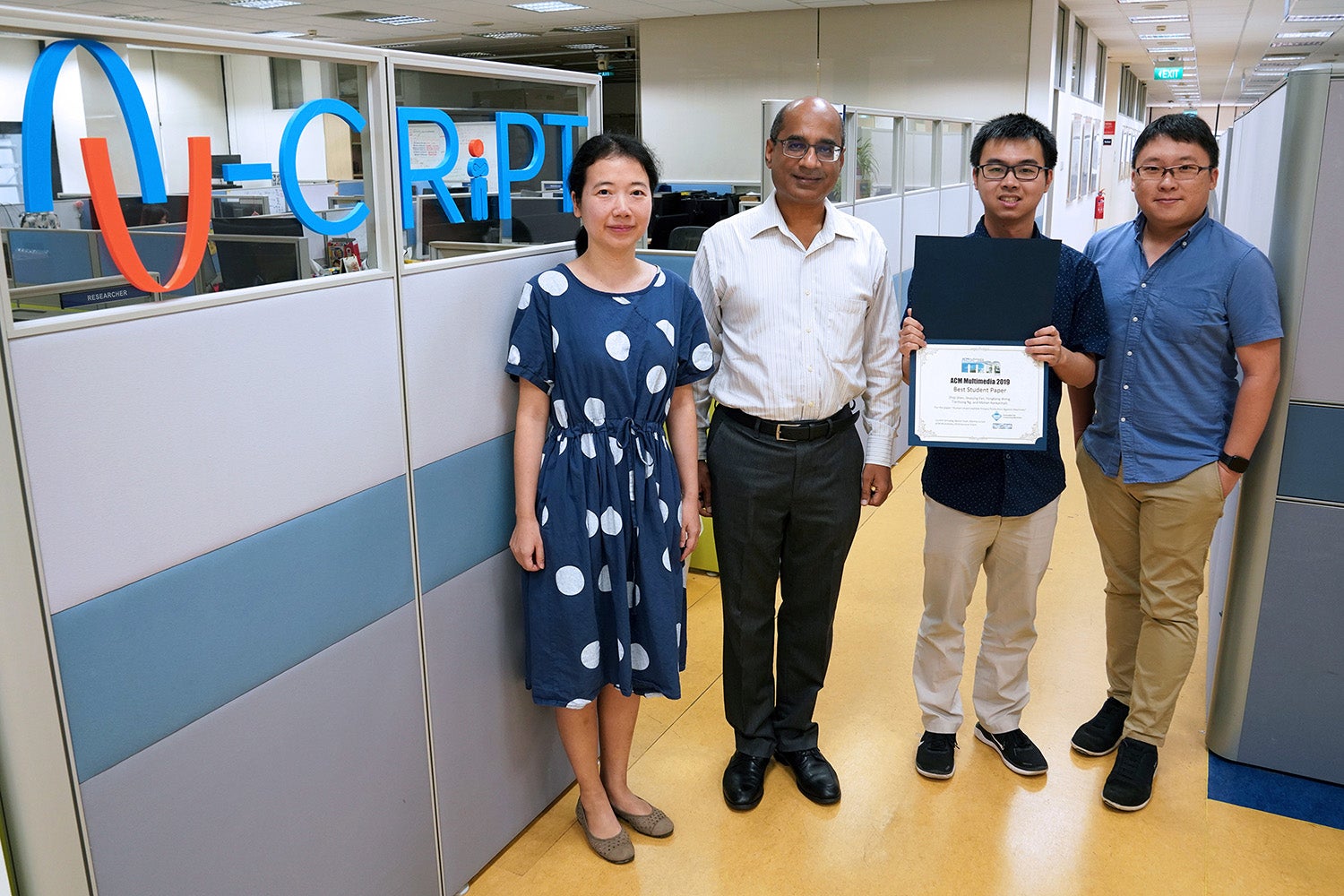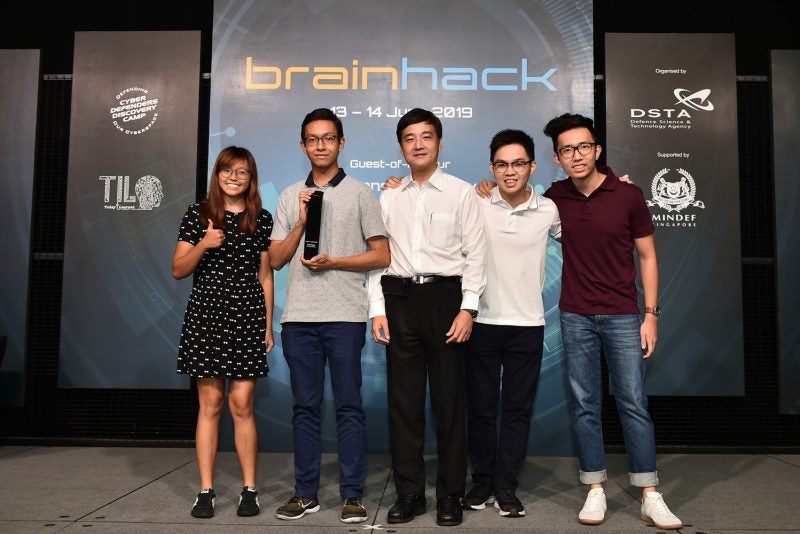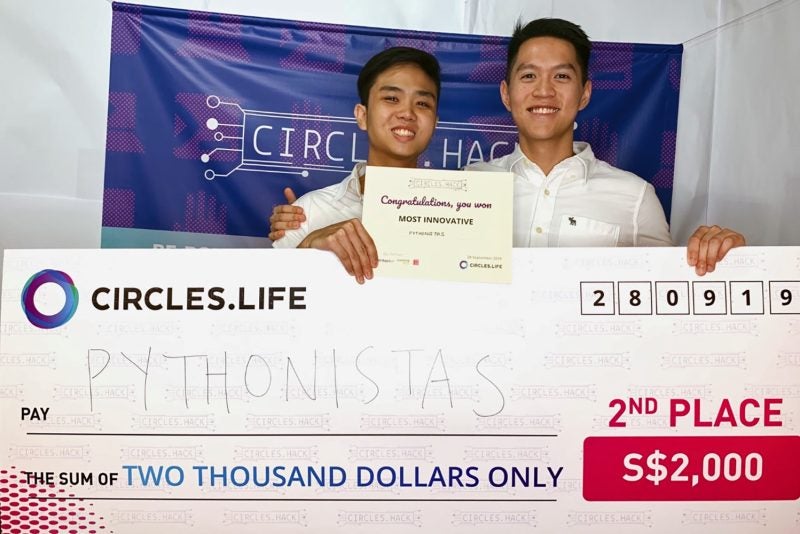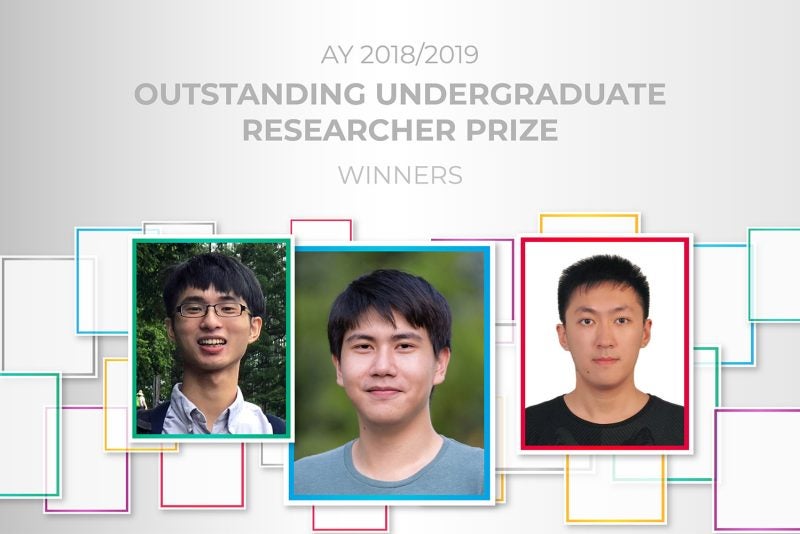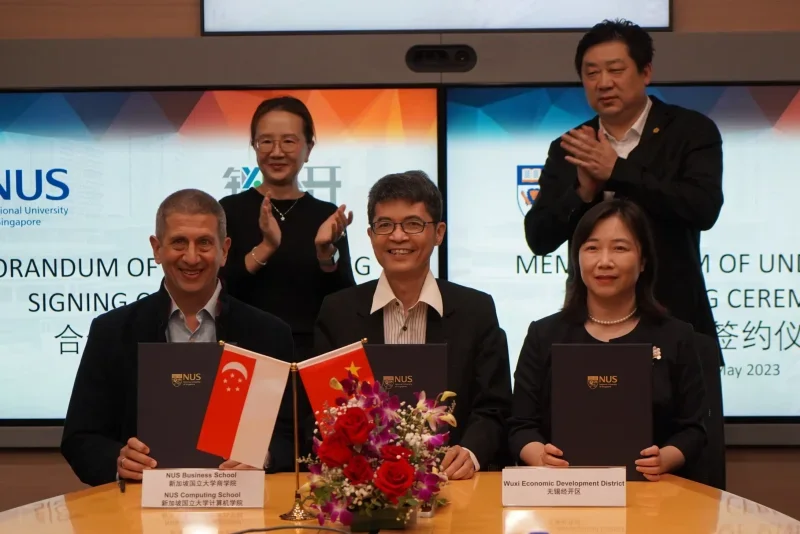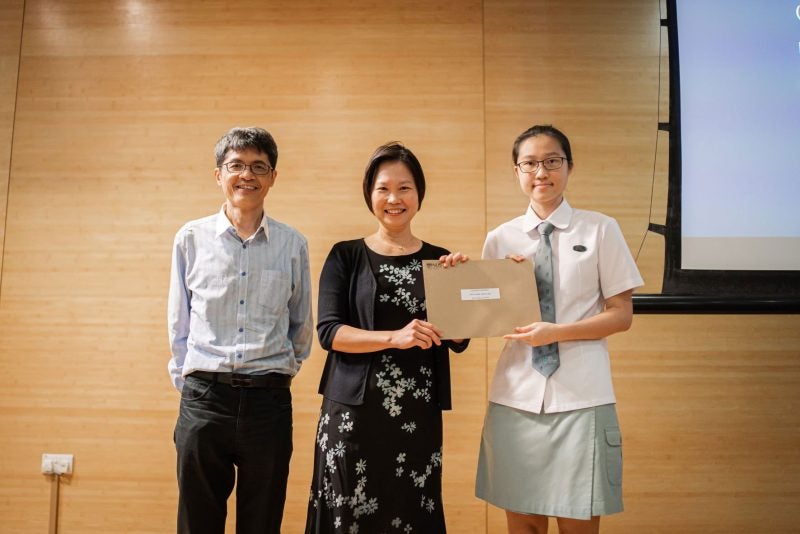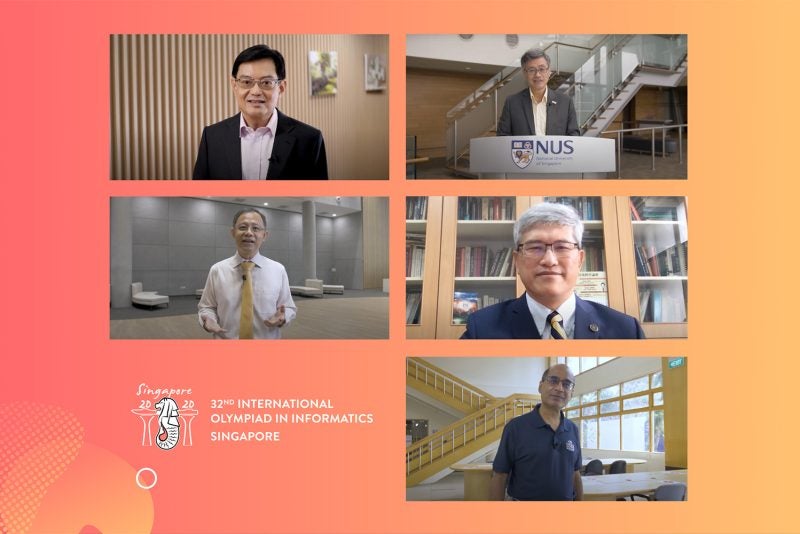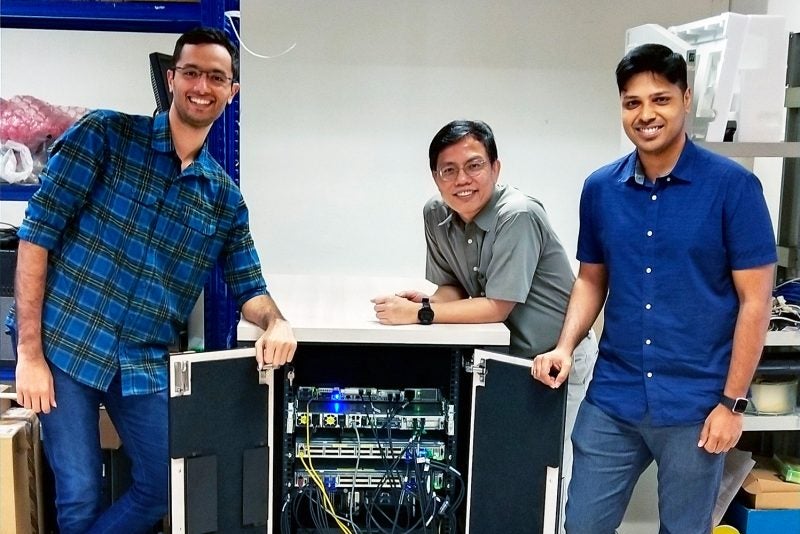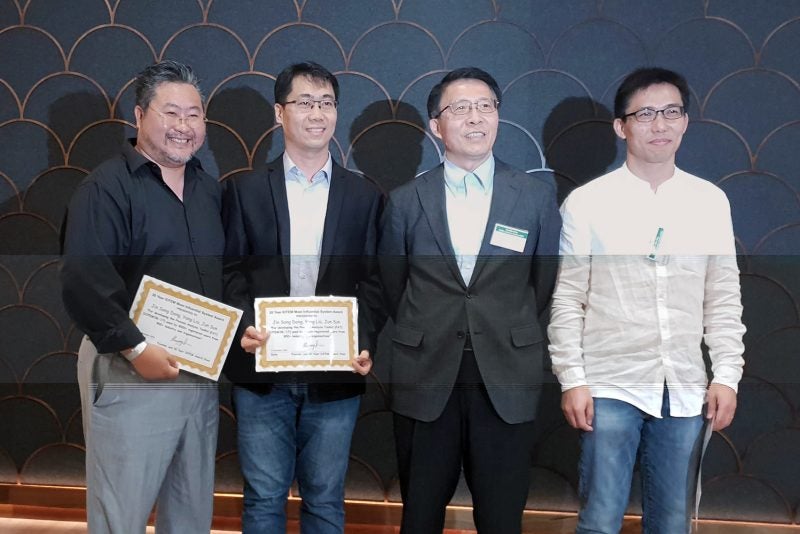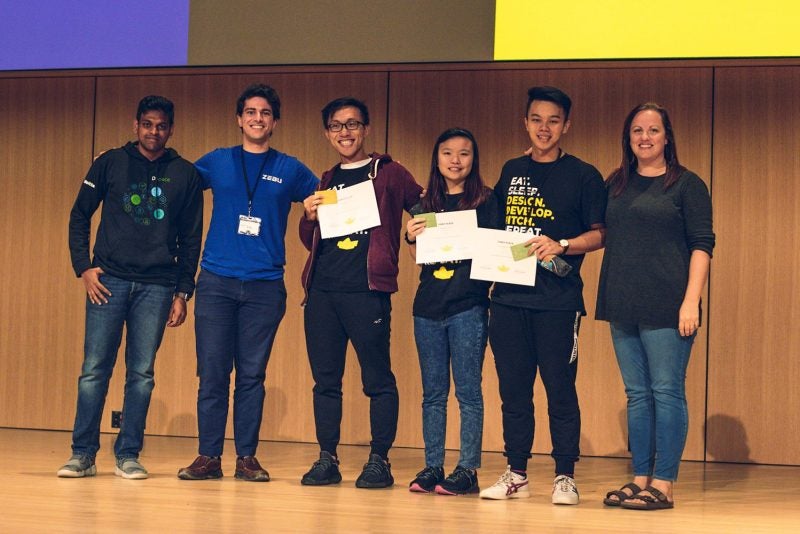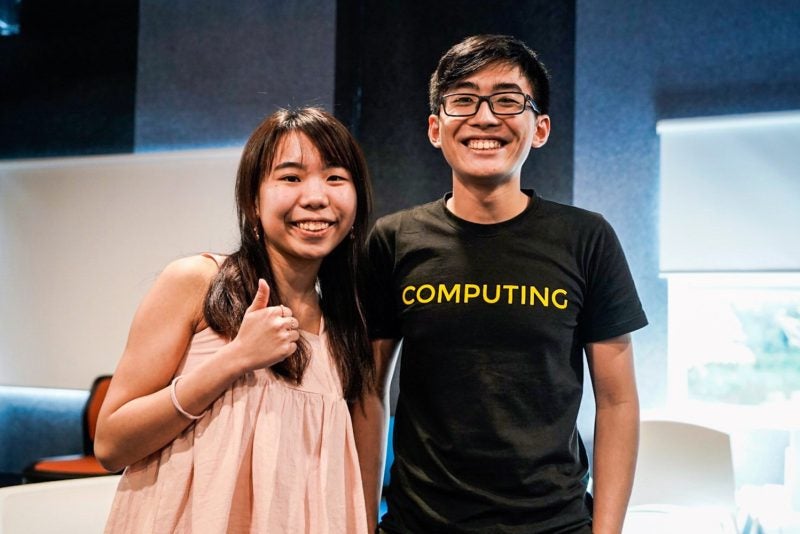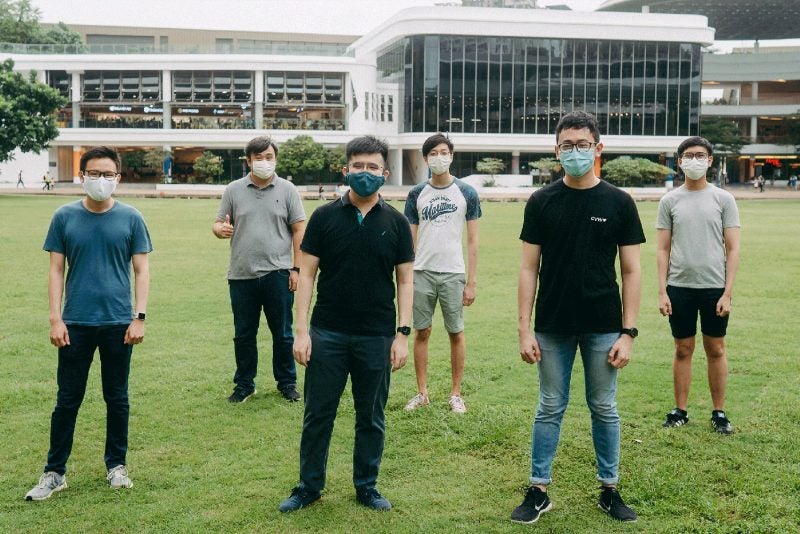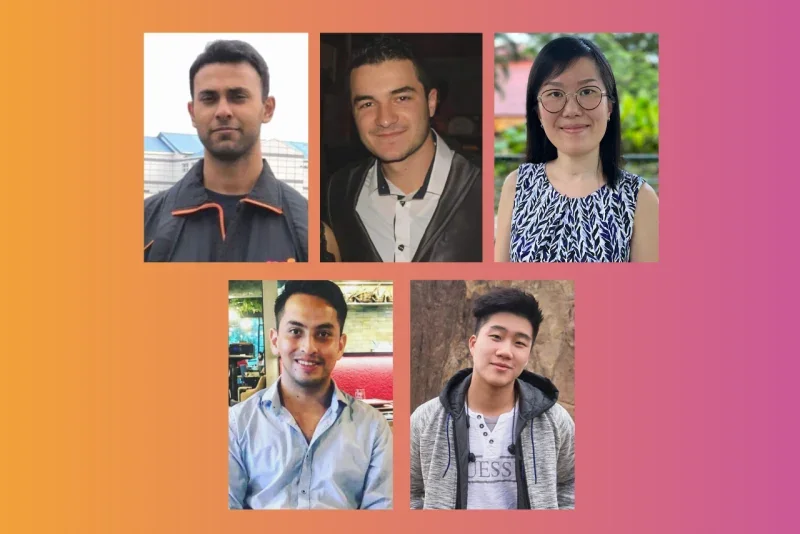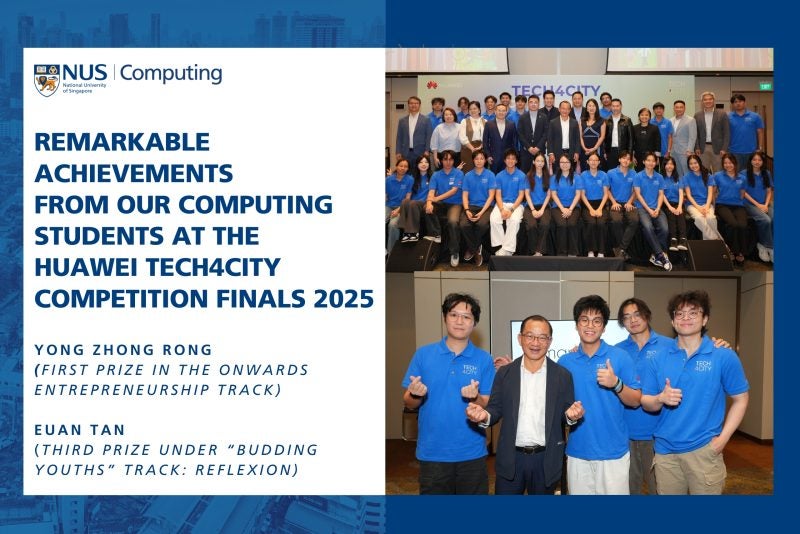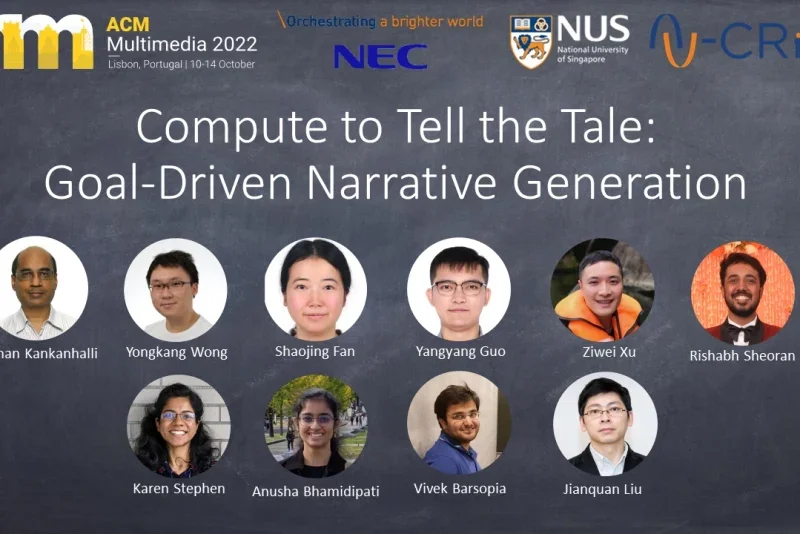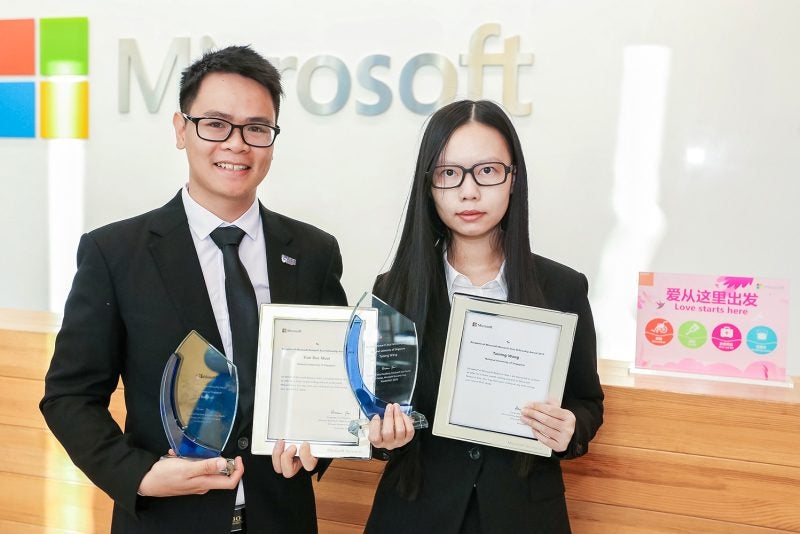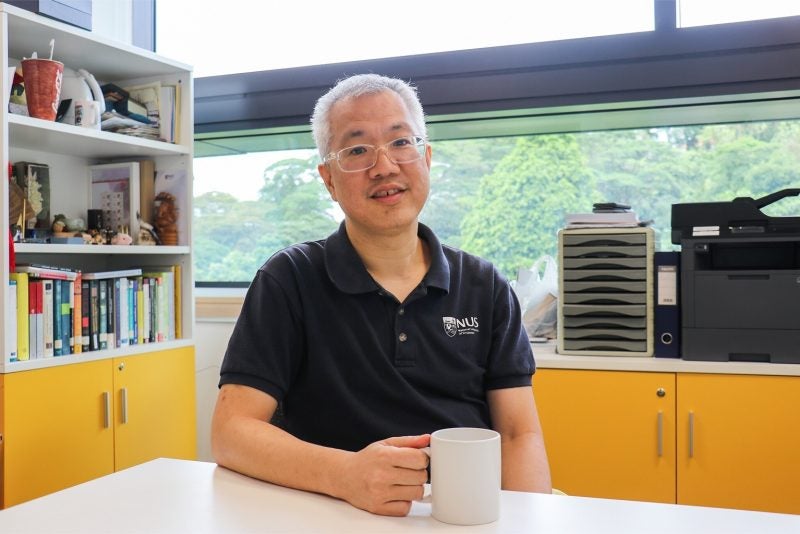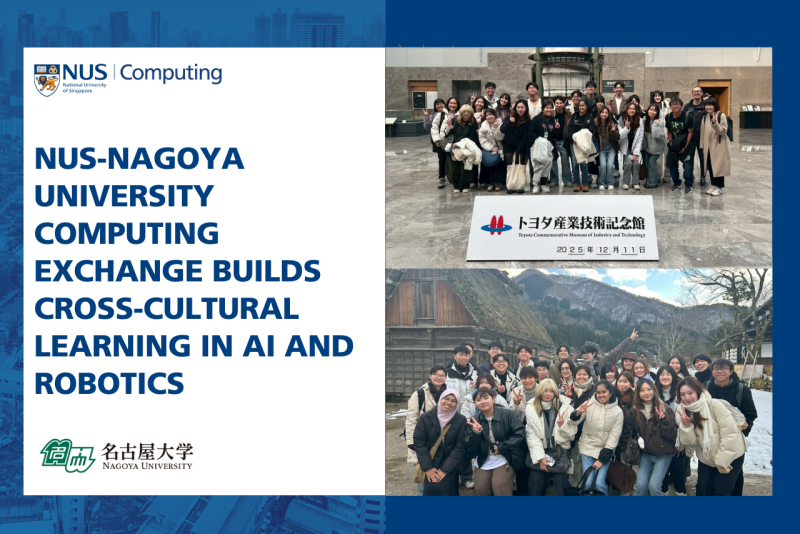6 November 2019 – Computer Science PhD student Shen Zhiqi received the Best Student Paper award at the ACM Multimedia (ACM MM) 2019 conference held from 21 to 25 October this year in Nice, France.
ACM MM is the Association for Computing Machinery (ACM)’s top conference for multimedia computing. Over 900 papers were submitted for the conference and 248 papers were accepted. Zhiqi’s research paper on visual privacy was one of five papers shortlisted for the Best Paper Award.
Zhiqi co-authored the award winning paper, “Human-imperceptible Privacy Protection Against Machines”, with his PhD supervisor Professor Mohan Kankanhalli, NUS Computing Research Fellows Fan Shaojing and Wong Yongkang, and AI researcher Ng Tian-Tsong. In this research, Zhiqi and his collaborators developed an image perturbation model to protect sensitive information against machine learning models.
“In recent year, we have witnessed an explosive growth in the social media space,” said Zhiqi. “Massive amounts of data are shared online and this has led to substantial privacy issues and security concerns. Furthermore, with the recent breakthroughs in machine learning, computer algorithms can easily pick out sensitive information, such as peoples’ faces and vehicle license plate numbers, from still images.”
To protect these sensitive information, Zhiqi and his team developed a novel algorithm that is able to trick machine learning models from detecting sensitive attributes. The algorithm recognises and distorts sensitive information while keeping the changes undetectable to the human eye. “Our model is able to prevent machines from learning sensitive scene-level attributes – such as people and text – while preserving other attributes,” explained Zhiqi. “We had to ensure that image quality, aesthetics and function are not affected by our perturbation model.”
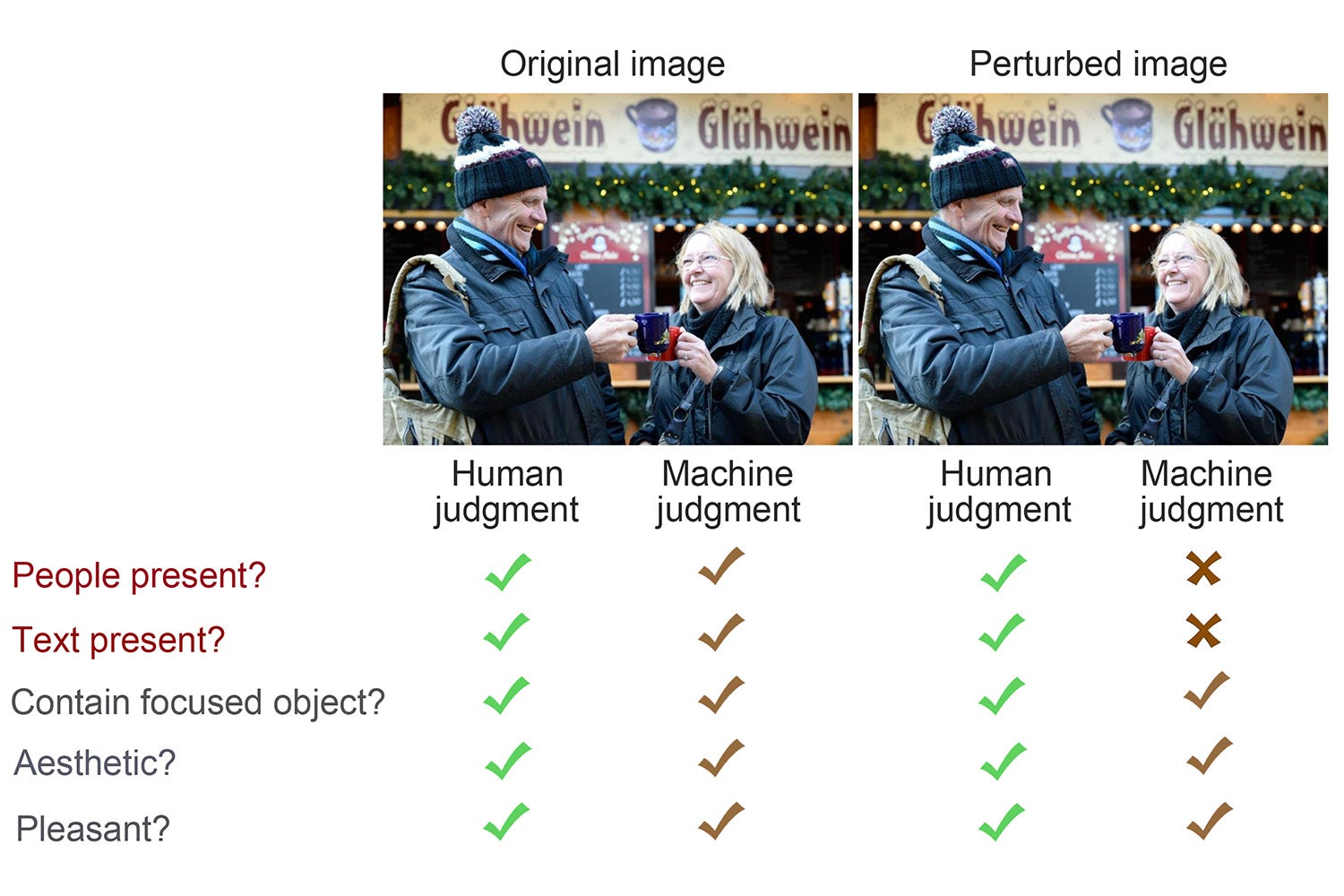
At the start of the research, Zhiqi and his team conducted a comprehensive study to understand the factors that influence human sensitivity to visual changes. “We discovered that visual sensitivity is influenced by multiple factors – such as illumination, texture, and object semantics,” explained Zhiqi. “Using this information, we were able to design our image perturbation model in a way such that it only modifies the sensitive image attributes while keeping other attributes – like the image’s visual aesthetics – unaltered.”
Zhiqi, Professor Kankanhalli, Shaojing and Yongkang are part of N-CRiPT – a strategic data privacy research centre established in NUS. N-CRiPT aims to develop technologies to protect the privacy of individuals and organisations along the whole data life cycle.

